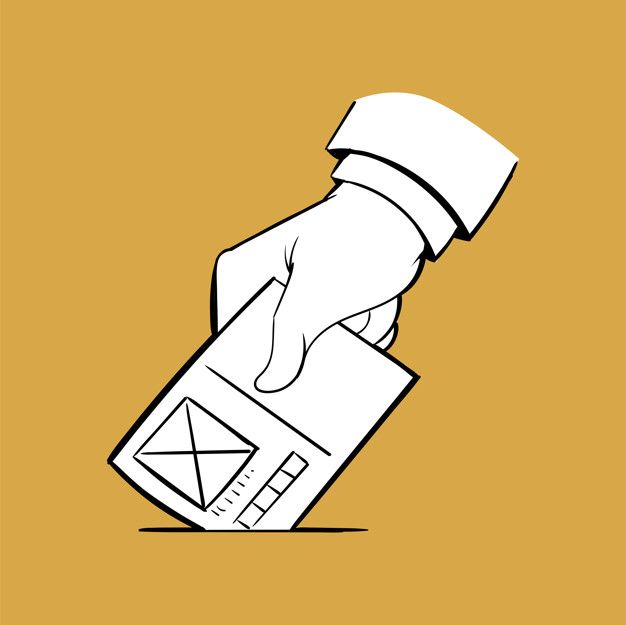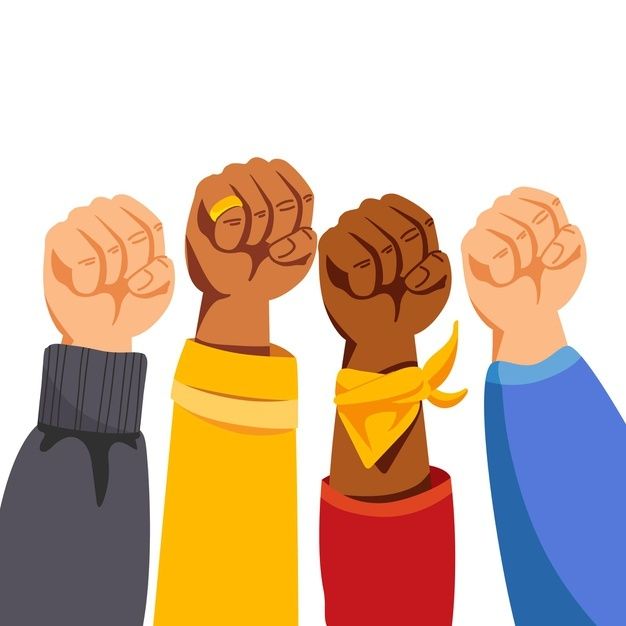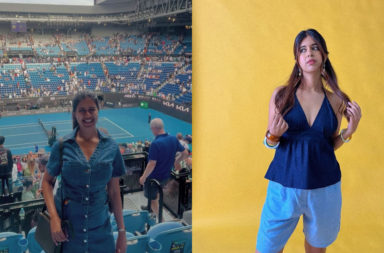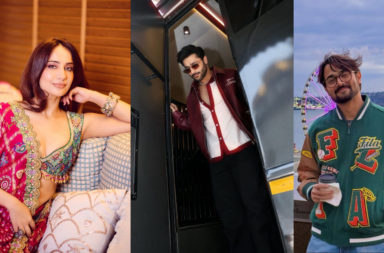As the country is gearing up for elections, the political spirits of people are at an all-time high. Rallying behind different parties, the nation is coming together to celebrate a festival like no other. However, the 2024 elections are unveiling an unprecedented phenomenon- a battleground that will be dominated and reshaped by the influence of social media and content creators.
Mint, an award-winning business publication reported “… to six political parties alone spent at least 31 crore on Facebook and Google ads in the run-up to the recent Assembly elections…” Before this, digital campaigns have been a part and parcel of the larger scheme but this election will witness an unimaginable persuasion of people by social media and the creator industry in general. The amalgamation of technology, social platforms, and content creators is all set to redefine the contours of political communication and public opinion in the Indian elections.

The far-fetched reach of social media
The coming of social media platforms has revolutionised the way information spreads, reaching the farthest corners of India. With a substantial online population, especially in rural areas where internet access thrives even in the face of infrastructural challenges, social media becomes the heartbeat of communication. Its unparalleled reach and influence, spanning platforms like Facebook, Instagram, Twitter, WhatsApp, and many more, offer a direct line to voters across demographics.
Power shift with influencers
The emergence of influencers as key players in political campaigns signifies a paradigm shift in voter engagement strategies. From macro-influencers with large followings to nano-influencers deeply rooted in local communities, these digital personalities wield significant sway over public opinion. Their authenticity, relatability, and trustworthiness among diverse audiences make them powerful conduits for political messaging.

Recently, the Honourable Prime Minister of India, Mr Narendra Modi met nearly 500 content creators at the stadium during the ICC World Cup. All these creators come with a diverse reach both in terms of their numbers and the kind of audience that follows them. By tapping into the potential of influencers, political parties can, if not nothing else, reach out to the followers of these creators who usually are very loyal and “influenced” by these digital stars.
Also Read: Social Media Mourns The Death Of Their Captain: Andre Braugher Passes Away At 61
Crafting political narratives
Content creators, armed with diverse formats like videos, graphics, songs, and hashtags, will be able to craft campaigns that resonate with voters. For instance: The Congress party came up with a trending hashtag #ShutTheFakeUp that soon became a popular on social media platforms. In the recent State Election, the party adopted a blend of pro-Congress and anti-BJP content, that highlights the significance of these campaigns.
A rise in image-centric politics
Social media’s rise has resulted as a game-changer in the political arena. Through visual storytelling, Instagram, Facebook and Twitter have indicated a shift towards image-centric political narratives. With these platforms, political parties captivated audiences through the candid moments of many political leaders, making them more real than mere posters and eventually influencing voter perceptions.

Transparency and Responsibility
Even though no political party discloses the real figures but through various RTI queries, disclosure on the Election Commission website and other sources, one thing is crystal clear that parties have been spending huge amounts of money on social media campaigns which can dilute fair play in the election. To curb this Election Commission has formed a separate committee that will look into campaign expenses, especially those made on digital campaigns.
The responsibility does not lie on Government bodies only. Creators who have or will be a part of the digital campaign for elections should act responsibly because they owe it to their audience. They also need to follow a transparent path when it comes to disclosing collaborations. As individuals, we should also be responsible to minimise the circulation of misinformation that could impact the election results.

Freepik
As India braces for the general elections, the influence of social media and content creators in shaping political discourse is undeniable. However, this surge in digital influence also demands vigilance, ethical conduct, and transparency to uphold the integrity of democratic processes and this burden lies on each one of us, equally.


